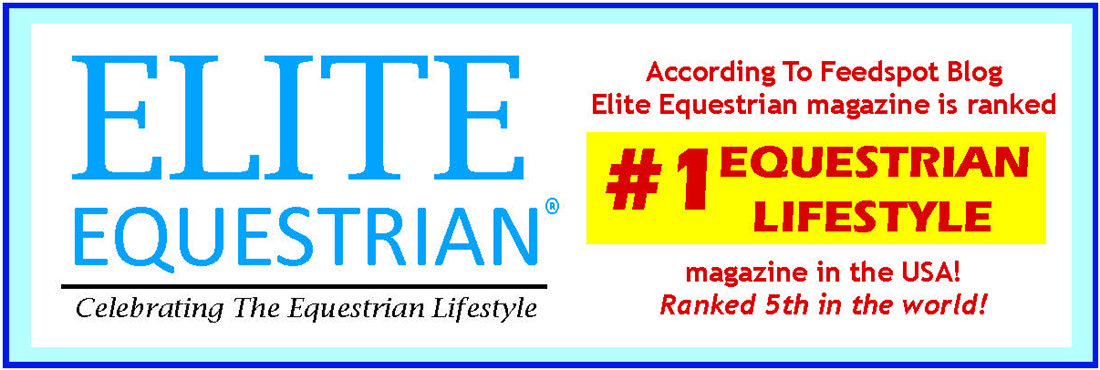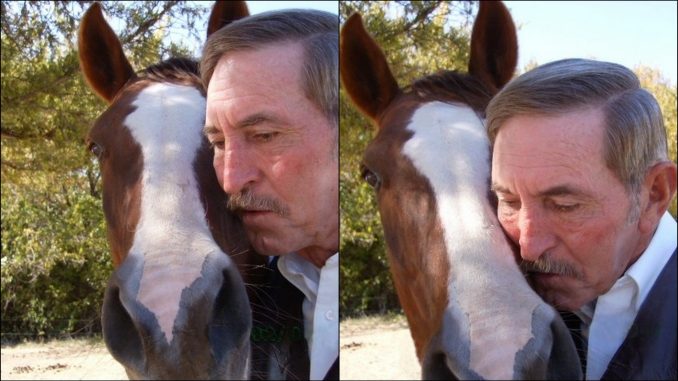
So You’re Going Bitless
Finally, at long last the dawn of enlightenment and common sense is reaching the horse world as bitless riding is grudgingly becoming more prominent! For those of us who have been riding without a bit in our horse’s mouth for decades, (or any contraption that may cause possible discomfort or pain) it is a more than welcome paradigm shift.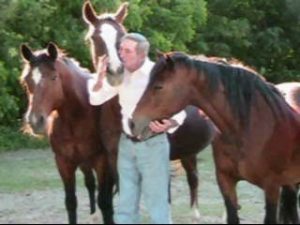
Interestingly, (we should have expected it) a wide assortment of ‘bitless bridles’ have flooded our horse world market place, (as well as a myriad of ‘bitless training programs’).
I have to stifle a laugh when someone asks me which bitless bridle I recommend. Then, on a serious note, I try to explain to them that it’s not about the type of equipment they use. And it’s not about any type of special ‘bitless training.’ But what is crucial, what will give both them and their horse the greatest safety and enjoyment is the depth and type of relationship they share with their horse on the ground.
That seems very logical to me. But sometimes it is difficult for others to accept at face value.
A quote from John Maynard Keynes appropriately describes the phenomena. “The difficulty lies, not in new ideas, but in escaping from the old ones, which ramify, for those brought up as most of us have been, into every corner of our minds.”
How very, very true.
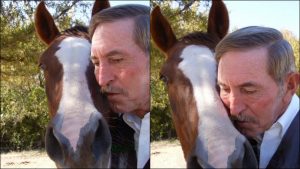
So, just for the heck of it, let’s take a little common sense and logic, and add a goodly dash of empirical ethological knowledge and scientific fact.
Common Sense and Logic: “The mounted relationship directly reflects the ground relationship you share with
your horse.”
If you share a negative relationship with your horse on the ground, you will have a negative relationship when
riding your horse. (see article entitled ‘Taking the Kid Gloves Off.’)
Another part of the challenge in the transition from using a bit to bitless is Communication.
That is easily solved by teaching your horse to lead without a halter and lead rope out in an open pasture using reward-based motivation. By using a specific key word, (an acoustic signal) for each cue-request, (Whoa, Back, Side, Het, Gee, Haw and others) your horse will associate the key word cue-request with the movement, (or halting as the case may be). Then all you have to do is associate that same keyword cue-request with a very tiny shift of your legs and/or bodyweight, (tactile signal) when riding. This will bridge the ground work to riding. Initially, rewards would be used when riding. But through chaining and shaping, (and maintaining a regular schedule of riding) the rewards would eventually not be needed.
Ethology: As a prey animal whose primary survival is flight, training them using entrapment or restriction coupled with fear as motivation is stressful. 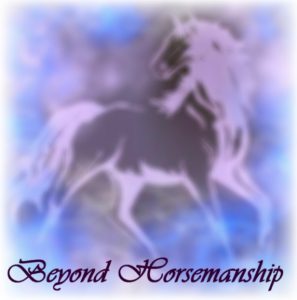
Science: Stress hormones inhibit learning. The horse learns faster in a stress-free environment, (out in the pasture) where they feel they are in control and have a ‘choice.’ Science: Horses retain what they’ve learned longer when using reward-based, (Positive Reinforcement) training.
Of course an added benefit of using this method is that a very affiliative relationship evolves in the process.
Affiliative: relating to the formation of social and emotional bonds with others or to the desire to create such bonds.
There’s always a hard way, and an easy way. The problem is, (as John Maynard Keynes pointed out) leaving the old ways to new ones that will give you and your horse the most safety and enjoyment both on the ground, and when riding.
“Life is a matter of choices” 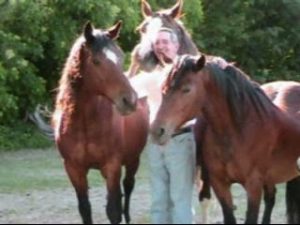
Especially in the horse world, choosing to join a counterculture that is oppositional to mainstream equestrian practices can, in and of itself, be extremely worrisome. Coupled with the probable oppositional force of our riding buddy’s peer pressure, the need for peer acceptance and recognition, and the seemingly endless flood of ‘experts,’ (who only desire to maintain the status quo) makes the choice to ride bitless tantamount to ‘pushing a large boulder up a steep hill.’ And that doesn’t take into account our own personal cognitive dissonance and bias!
But if you’re like many of us, your horse’s mental, emotional, and physical well-being is all-important. So the choice won’t be that difficult.
Chuck Mintzlaff
https://www.facebook.com/groups/363183240414423/
https://www.youtube.com/user/HeartofEquus/videos
naturalhorse101@aol.com
http://friendshiptraining.org/
